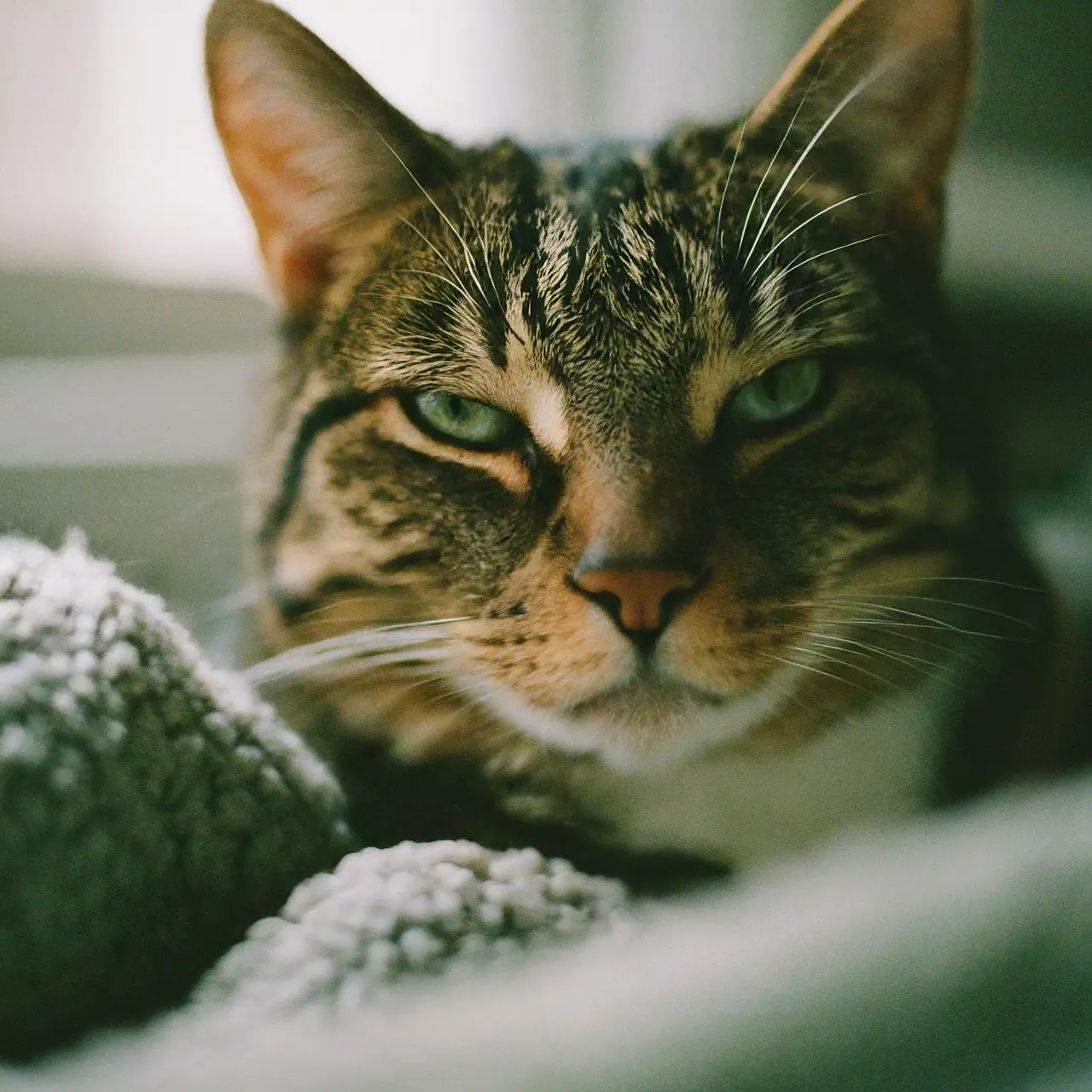Exploring the impact of long-term cat sitting on feline separation anxiety, this blog delves into how building a lasting relationship with a sitter can offer comfort and stability to your furry friend.
Understanding Separation Anxiety in Cats
Separation anxiety in cats is more common than most people realize. It manifests through various behaviors, such as excessive meowing, destructive behavior when alone, and even accidents outside the litter box. Recognizing these signs is the first step towards helping your feline friend.
This condition isn’t just challenging for the cats; it can also be worrisome for their owners. Understanding the root causes, which can range from changes in their environment to past traumas, is crucial in finding the most suitable solution.
The Role of Consistency in Easing Anxiety
Consistency plays a pivotal role in managing separation anxiety in cats. A consistent routine, familiar faces, and stable environment help reduce stress in felines. This is where long-term cat sitting comes into play, offering a routine and a familiar caretaker in the owner’s absence.
Creating a structured schedule for feeding, playtime, and cuddles with the sitter can mimic the presence of the owner, providing a comforting sense of normalcy for the cat.
Benefits of Long-Term Cat Sitting
Long-term cat sitting offers numerous benefits for cats with separation anxiety. It provides them with consistent companionship, reducing feelings of loneliness and stress. Moreover, a dedicated sitter can cater to their specific needs, ensuring they feel loved and secure.
A long-term sitter becomes a familiar face, someone your cat can grow to trust. This relationship aids significantly in easing the cat’s anxiety, as they come to understand they’re in safe hands.
Furthermore, long-term sitting ensures that your cat follows a stable routine, which is essential for their emotional well-being. It also prevents the need for frequent adjustments to new caregivers, which can further stress and confuse your cat.
Choosing the Right Cat Sitter
Selecting the right sitter is crucial for the success of long-term cat sitting. It’s important to find someone who is not only reliable and responsible but also has a genuine affection for animals. A good sitter should be patient and understanding, able to recognize and respond to your cat’s unique needs.
Interview potential sitters to ensure they have the necessary experience, especially with cats that have separation anxiety. Check references and conduct a trial run to observe how they interact with your pet. This step is fundamental in ensuring your cat will be in good hands.
Preparing Your Cat for Long-Term Sitting
Preparation is key to a smooth transition to long-term sitting. Start by introducing your cat to the sitter in a familiar, comfortable setting, allowing them to get acquainted at the cat’s pace. Leave an item with your scent, such as a piece of clothing, to provide comfort when you’re not around.
Gradually increase the duration of the sitter’s visits before your departure, giving your cat time to adjust. Make sure the sitter is aware of your cat’s routines, preferences, and any specific anxiety triggers, as well as how to handle them.
Monitoring Your Cat’s Adjustment
Keeping an eye on your cat’s adjustment to long-term sitting is vital. Ask your sitter to provide regular updates and pictures to reassure you of your cat’s well-being. Noticeable signs of comfort and bonding, such as your cat seeking the sitter’s company or showing relaxed body language, are positive indicators that the arrangement is working.
However, if your cat shows persistent signs of stress, it may be necessary to reassess the situation. Consulting with a vet or a feline behaviorist can provide additional support and strategies to help your cat adapt more comfortably.
Embracing Long-Term Cat Sitting for Your Feline’s Well-Being
Long-term cat sitting presents a promising solution to managing your cat’s separation anxiety, fostering a sense of security, continuity, and care even in your absence. With the right sitter, your cat doesn’t just gain a caretaker, but a companion they can trust, reducing their stress levels and enhancing their overall well-being.

















